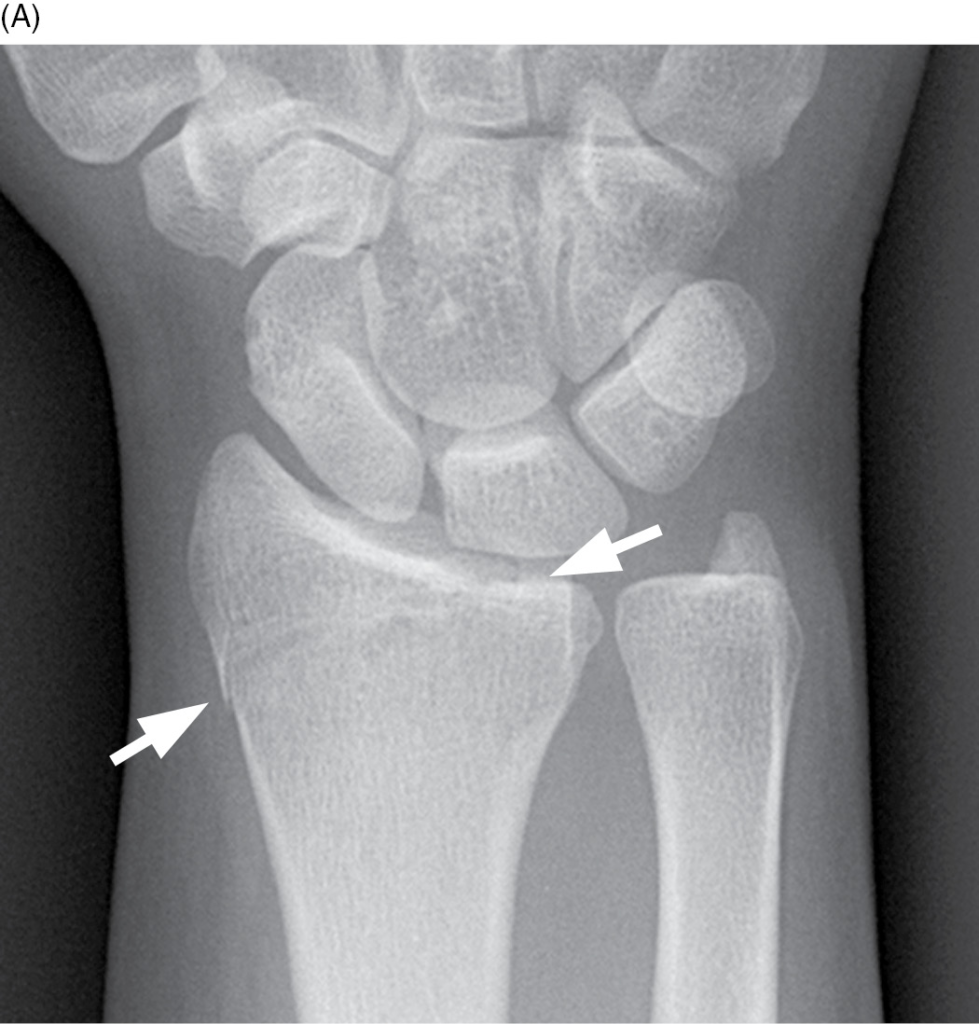Network security is a new aspect of digital work which protects your data and network from hacking and other cyber threats. Whether mobile phones or laptops, you need a network security structure to protect your data entirely.
One must do more than just install an antivirus and expect complete security for their device and network. If you are using network security in your system, there are some aspects that you must consider. It includes an antivirus software firewall, VPN encryption, and other things.
Let’s understand network security, its importance, and its types in detail.
What Are Network Security Tools & Why It’s Important?
The Internet has many websites that provide data and information for professional and personal usage. But there’s a darker side of the Internet which can use vulnerabilities in your network to harm. Moreover, weak networks are prone to several cyber threats.
If you have a business network, it is essential to protect it from hackers since it contains secrets and professional details you cannot afford to lose. So having network security will:
- prevent information leakage,
- save your budget,
- and protect your system from hackers.
8 Types Of Network Security
1. Firewall
Most people habitually switch off the firewall to improve their internet speed. But in reality, it is essential to control the incoming and outgoing traffic within the networks.
It is also responsible for eliminating unwanted traffic and protecting your system against malware and viruses. It also offers protection against application-based layer attacks. Regardless of the speed, implement the firewall built into your system for added security.
2. Network Segmentation
Network segmentation is a technique to separate your network from the general Internet. Any thread outside the segment is secure. The sensitive data will remain closed for a long time. Business experts install this product to secure their networks from internal and external hacking.
It improves business security based on sensitive information.
The network divides this business structure into layers for complete access and designation. And the structure offers a centralized control system.
3. Email Security
Most people nowadays use email as a mode of communication, along with marketing and other requirements. Since the company email ID is visible to most people, the chances of getting hacked are higher. So most email service providers offer built-in security features that can be strong and with external network security tools.
This feature allows you to create anonymous emails to develop your marketing strategy and secure your ID. You can view it nowif you want to know more about this. Having an email-based security system is essential for any professional organization.
Also, installing email-based antivirus software will be a perfect option for security. The antivirus software warns you before clicking on a link suspicious of malware.
4. Remote access VPN
If you are trying to access an external network, it is essential to have a remote access VPN to secure your company network. With many employees working in your organization, it is hard to provide restrictions on certain websites.
You can install a remote access VPN to protect your company’s data and details in such situations. They secure the data through advanced authentication techniques and encryption while transmitting your data to other organizations.
5. Data Loss Prevention
Data loss prevention, popularly known as DLP, is a technique that combines technology with practical ideas implemented to secure sensitive information leaking outside the business network.
Some standard data structures attached to this process include personally identifiable information and compliance-based data structures.
6. Sand Boxing
It is one of the most effective security practices to protect your files in a safe environment. The software is similar to the end-user operating system.
This technique will constantly monitor your files and detect the code that is suspected to be malicious. Any file with malware is noticed through this system and blocked on time before any data breach.
7. Hyperscale Network Security
The security feature is an advanced technique used to scale your architecture and is protected regardless of the demand.
It permits rapid deployment and allows your organization to make network changes based on security demands. It creates a perfectly integrated system that uses multiple hardware resources and provides a clustered security option.
8. Intrusion Prevention Systems
This technique helps to identify the network attacks like DoS attacks and other brute force attacks to gain access to your data.
But the IPS system protects your network by constantly searching for system vulnerabilities and repairing them to protect them from such attacks. So with this system, you can preserve your system from exploits before they start the episode.
Conclusion
Along with these tools, other security applications and products are available in the market. They include general antivirus software, cloud-based security software, and others.
You need to select a perfect network security tool that meets your requirements in the present and future. Always choose items that will allow you to expand in the future with features that integrate the data and secure it regardless of the threats available on the exterior.














